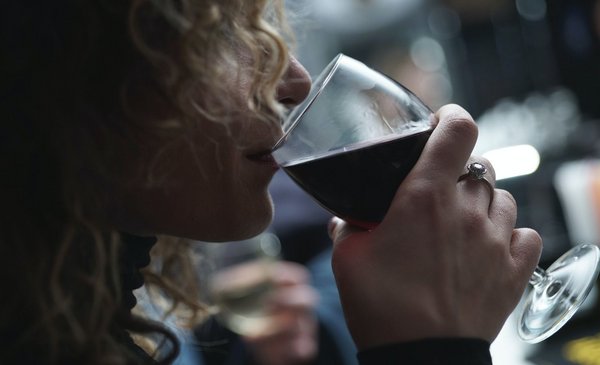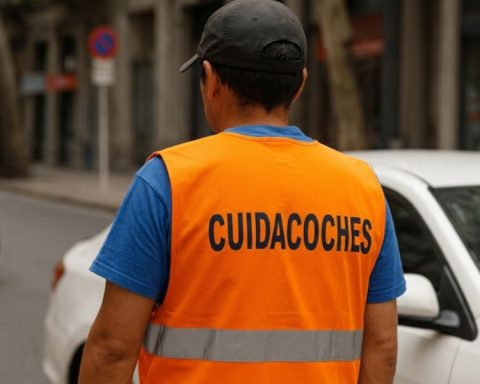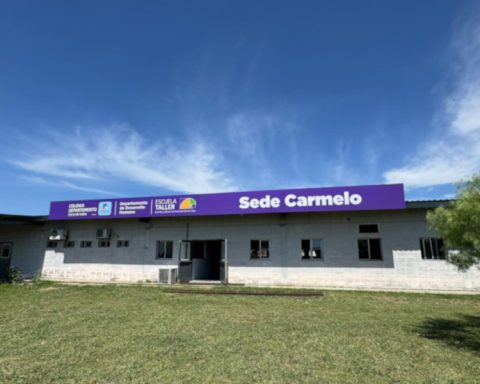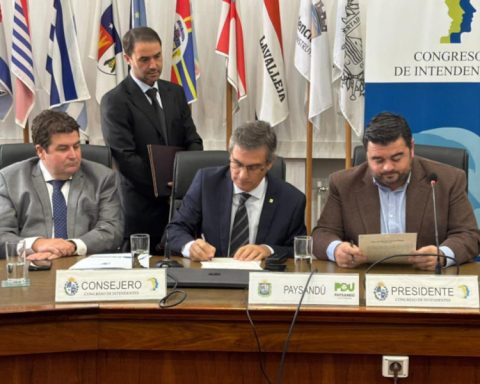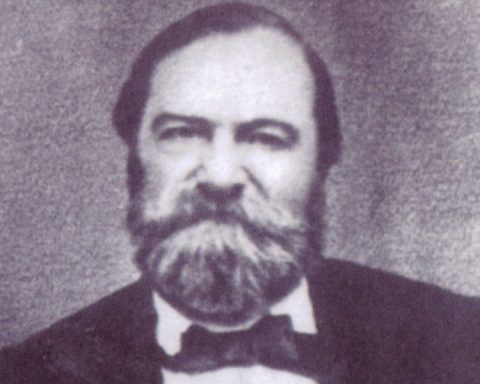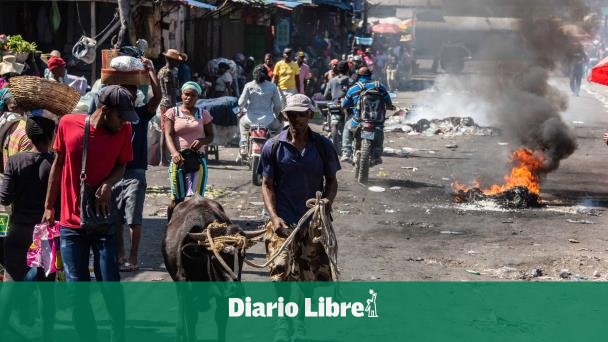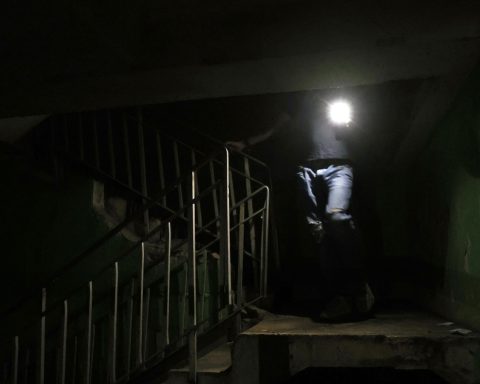Promoting non-alcoholic wine is one of the priorities of the National Institute of Viticulture (Inavi) for 2023. “It is a very necessary category for the country,” stressed the president of the organization Ricardo Cabrera in conversation with The Observer. Although it is a different wine, despite not having alcohol, the International Organization of Vine and Wine effectively qualifies it as wine, “and we are on that train”, highlights Cabrera and explains that “there is a category of non-alcoholic wine all over the world, precisely to be able to drink it without having to consume alcohol”.
Some countries that are already making non-alcoholic wine are Spain, Australia or the Netherlands. In fact, it was in 2004, in Spain, where the first plant in the world capable of dealcoholizing a natural wine to an alcohol content of 0° was developed.
To achieve non-alcoholic wine, the drink must go through a reverse osmosis treatment.. This procedure is achieved once the wine passes through a membrane that separates the alcohol from the rest of the components, depending on the size of the molecule.
Broadly speaking, a traditional, good quality wine is made, and the alcohol is removed through this reverse osmosis. “It can be consumed without being exposed to problems in traffic,” endorses Cabrera and affirms: “You have all the taste of wine, but without the alcohol.”
“It’s not cheap, but several wineries can come together to make it or also import it,” Cabrera reflects on how to carry out this procedure locally. Also, she bets that several wineries come together to have a common brand would lower production costs.
Non-alcoholic wine can be made in all varieties of wine and also in sparkling wines. “We cannot be exempt from giving people the chance to consume products that are really worth it,” reflects Cabrera.
Although the alternative of importing the product is on the table, The priority for Inavi is to be able to develop it in Uruguay“as a variant of consumption for people who cannot consume alcohol or for those who want to consume it and drive”.
“There is a public that is eager for this product and today in Uruguay that category does not exist,” says the president of Inavi, whose goal is that zero-alcohol wine can begin to be made in 2023.
sales on pause
In 2022 there was a plateau in terms of wine sales. “We have hope that this situation can be reversed,” asserted the Inavi president, who considers this situation a global problem. Even the drop in consumption was one of the central issues discussed at the last global assembly of the International Organization of Vine and Wine in Mexicoeither.
During 2022 in Uruguay, one million liters of wine were sold less than in 2021, in that year they had exceeded 60 million liters of wine.
In the vision of the Inavi president, this responds to the international economic context and also to the fact that people are betting on “taking better care of themselves.”
Within this framework, the trend indicates a greater commercialization of fine wine (especially red and white), as opposed to bulk wine—that is, table wine that is exported without bottling. However, the sale abroad of fine wine also declined in the last year. 400,000 liters less were sold than in 2021, “but we sold at a higher price,” says Cabrera. The average price per liter was US$3.80, with prices as high as US$14 per liter, US$0.50 higher per liter than the previous year.
On the other hand, in the local market, Uruguayan wine is the most chosen by consumers compared to imported wines, despite the fact that the exchange rate can benefit the latter in price. “Under equal conditions, the Uruguayan public prefers national production,” Cabrera remarks. In the vision of the president of Inavi, this was evident in the recent celebration of the Enjoy Wine Show where attendees chose, over others, the stands of Uruguayan wineries.
